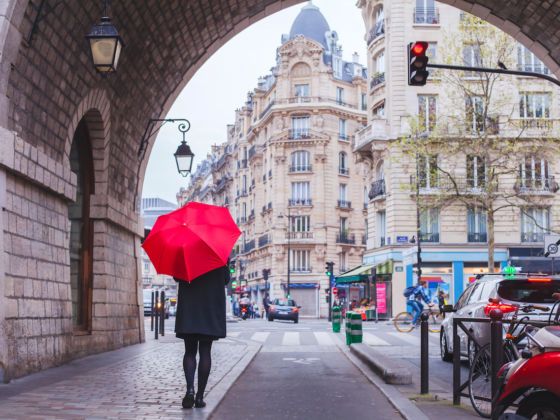This is the Travel Take, where Matador’s writers and editors make the case for their favorite travel hacks, tips, and personal tics.
There are certain cliches that stick with you no matter how ridiculous you think bumper sticker wisdom is. For me, it’s always been “not all those who wander are lost.” The quote comes from a poem in J.R.R. Tolkien’s book The Fellowship of the Ring. Today, it’s largely disassociated from the book and is found on blogs, quote round-ups, and those cheap wooden signs with witticisms painted in white.
